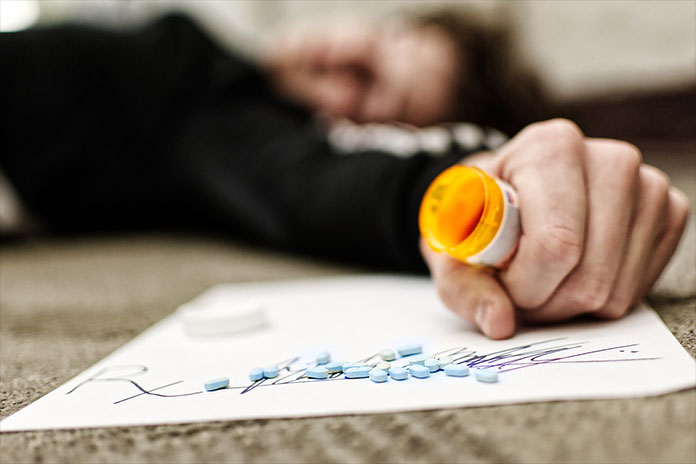
By Bob Vosseller and Chris Lundy
JACKSON – The township opted into a settlement agreement that came from a class action suit they joined several years ago.
Council President Martin Flemming spoke about the resolution which will allow the township to participate in a national opioid settlement program. “This has to do with a multi-billion-dollar settlement that by participating in this program we’d have the possibility of getting some of the money back from what our emergency services had spent in time and man hours responding to these problems.”
The lawsuit claimed certain pharmaceutical companies knew how addictive their drugs were. It also stated that they advertised that the drugs were a good treatment for ailments that they were not made for, and the companies pushed doctors to prescribe them.
Police and medical experts have stated that the current crisis of addiction and overdoses stems in part from people who become addicted to prescription painkillers and then need a stronger fix.
According to the township, the distributors (McKesson, Cardinal Health, and AmerisourceBergen) are paying up to $21 billion over the course of 18 years, split between all the partners in the suit. Manufacturer Janssen Pharmaceuticals, and its parent company, Johnson & Johnson, will pay up to $5 billion over no more than nine years.
Going forward, the settlement also changes the way opioids can be marketed, sold, and distributed.
Of the total settlement amount of $26 billion, approximately $22.7 billion will be doled out to states, counties and municipalities. These entities have to use this money “to remediate and abate the impacts of the opioid crisis.”
This money is to be split between all the governmental entities that took part in the lawsuit. It is unknown at this time how much each town will get, or when this will happen. The settlement was reached in 2021 so the fact that towns are required to take the first step months later indicates that this will not be a quick process, but it is already underway. A recent article from the Portland Press Herald reported that Maine will be getting $130 million over the course of 18 years.
In August, Acting Attorney General Andrew Bruck said New Jersey could get $600 million. The attorney general’s office said that the payout is being determined by an agreement among the states using a formula that measures the impact of the crisis on each state using figures such as the number of overdose deaths, the number of residents with substance use disorder, the quantity of opioids delivered, and the population of the state.
The settlement comes from civil claims, not criminal.






